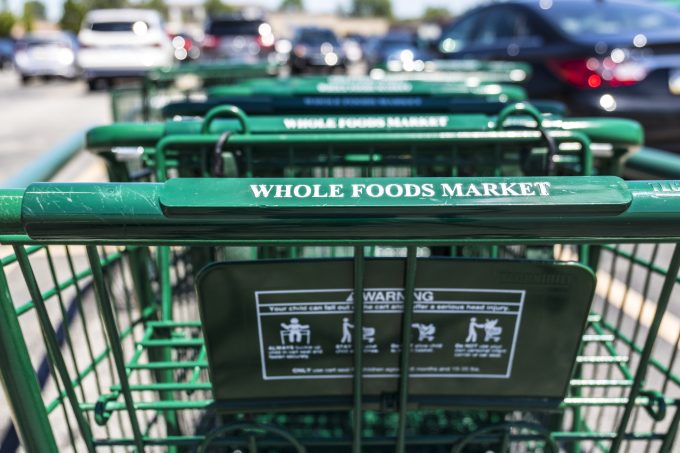FW: Walmart rolls forward with brokerage – what it means for Amazon
FREIGHTWAVES reports: Trucking companies in Walmart Transportation’s network have recently started receiving emails about Walmart’s new ...

Morgan Stanley analysts believe Amazon’s decision to buy Whole Foods was less about developing a grocery business, or a play for warehouse space, but rather the rollout of its omnichannel strategy. If that is the case, these analysts think it could spell boom time for truckload carriers such as XPO, at the expense of legacy carriers like FedEx and UPS. According to this piece from Benzinga, Morgan Stanley sees “new pockets of growth opportunities upstream [closer to suppliers and warehouses] as ...
Amazon pushes into LTL for small package fulfilment and UPS does a u-turn
New senior management for DSV as it readies for DB Schenker takeover
Volumes set to 'fall off a cliff' as US firms hit the brakes on sourcing and bookings
Asian exporters scramble for ships and boxes to beat 90-day tariff pause
Temporary tariff relief brings on early transpacific peak season
'Tariff madness' will prompt renegotiation of ocean shipping contracts
Forwarders 'allowing the fox into the chicken run' by supporting 'hungry' carriers
Response to tariffs by Chinese importers may see extra costs for US shippers

Comment on this article